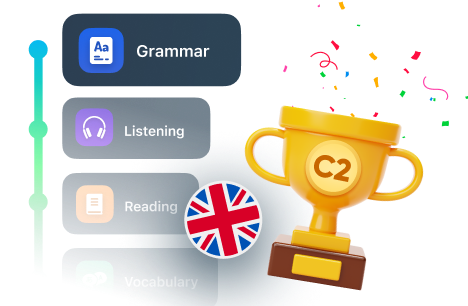
Rules For Using a Comma Before “Or”
Sometimes, adding a simple thing as a comma in your sentence can change the entire meaning. That’s why it’s essential to know whether you should put a comma before or after “or” or omit it completely.
How many times you’ve asked yourself, “Is there a comma before “or” when writing? This is a common confusion not only to people learning English as a second language but to native English speakers as well.
But, knowing a few simple rules will help you make the meaning of your sentences clear.
Rules for Using Commas Before “Or”
Sometimes, adding a simple thing as a comma in your sentence can change the entire meaning. That’s why it’s essential to know whether you should put a comma before or after “or” or omit it completely.
Here are the rules for using this punctuation mark before the coordinating conjunction “or”:
- Use it in a series of at least three items to make the sentence more readable and easier to understand.
Example:
Do you want vanilla, chocolate, or strawberry ice cream?
This comma is known as the Oxford comma, and some prefer to omit it, which is not a mistake but just a matter of preference. So, even if you write the above sentence without a comma before “or,” it won’t be considered a mistake. It may, however, make some sentences harder to understand.
- Use it when “or” is followed by an independent clause which is a clause that has its subject and verb and can stand alone as a separate sentence.
Example:
I should probably tell her the truth, or I should pretend that nothing happened.
The clause “I should pretend that nothing happened” is independent as it has its subject “I” and verb “pretend,” which is why “or” should be preceded by a comma.
If “or” was followed by a dependent clause, it shouldn’t be preceded by a comma.
Example:
I should probably tell her the truth or pretend that nothing happened.
- Do not use it when “or” separates only two items or words.
Example:
Do you like pizza or sandwiches?
Rules for Using a Comma After “Or”
A comma after “or” is rare and can appear in the following cases:
- When “or” is found at the end of parenthesis (a phrase or word inserted that adds explanation) within a sentence.
Example:
The most common coordinating conjunctions, “and” and “or,” are the easiest conjunctions to use.
- When “or” is the end of an introductory expression (a clause, phrase, or word that introduces an independent clause) which is a dependent clause.
Example:
You should never use a comma when linking two alternatives with “or.”


















